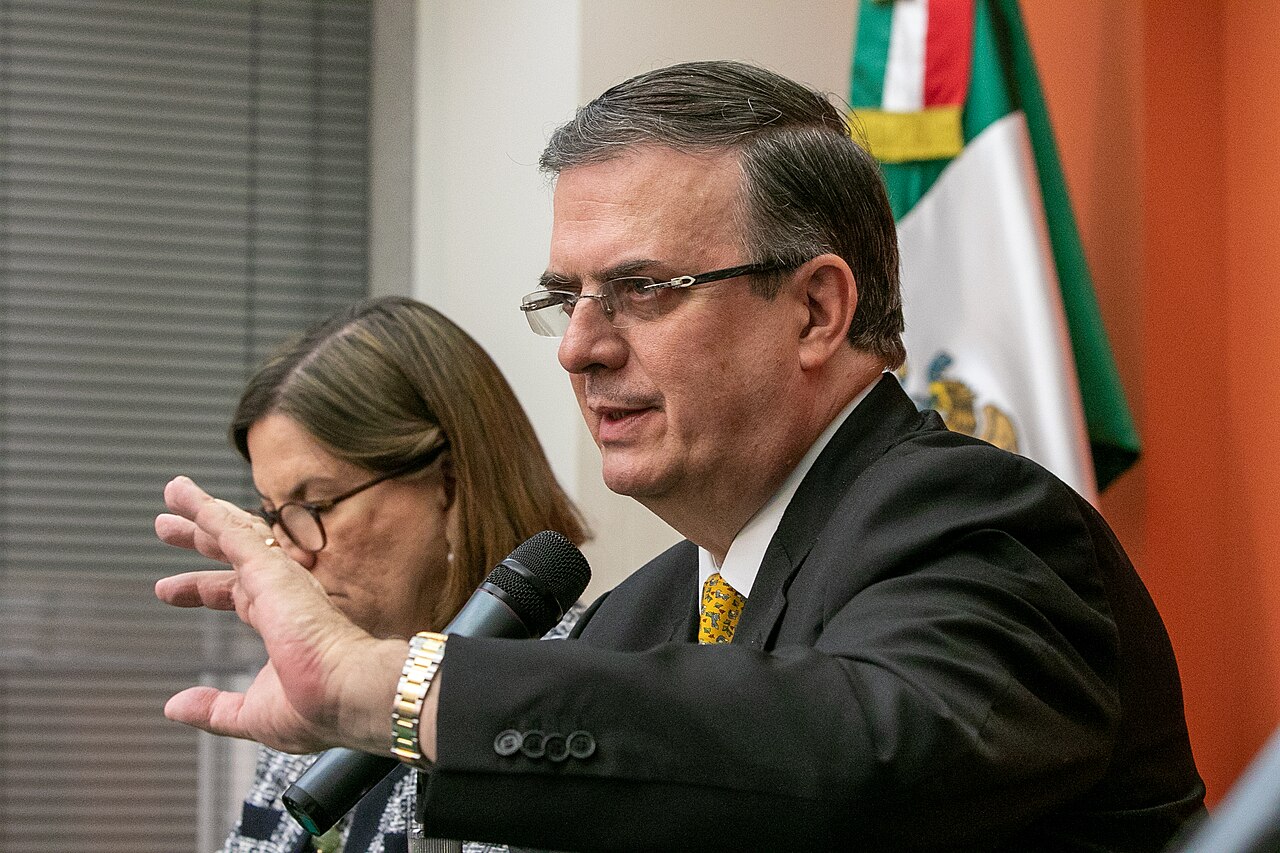$304 million in mining royalties in 2010-2011: Quebec has collected in a single year more than it did in the 10 previous years
Montréal, September 15, 2011 – “The new mining royalty regime enables us to attain the objectives that we set, i.e. to obtain from mining companies fair compensation for our natural resources without discouraging investment,” Minister of Finance and Minister of...
You've reached your limit of free weekly articles
Keep reading MINING.COM with a TNM NEWS+MARKETS Membership.
TNM Memberships is your key to unlocking access to the best news, insights, and data in the mining industry.
Get Started with a free 45-day Trial ** Credit card required to begin free trial. Your card will be charged 45 days from signup. You will receive an email notification seven (7) days before the free trial period ends.
Already a Member?
Sign inSubscribe for Unlimited Access
Enjoy unlimited News Stories and Specialty Digests, along with Mining and Metal Market insights as part of your NEWS+MARKETS Membership. Or go even deeper with our Global Mining Data platform, TNM Marco Polo, included with your NEWS+DATA Membership.
Explore Full Membership Benefits





